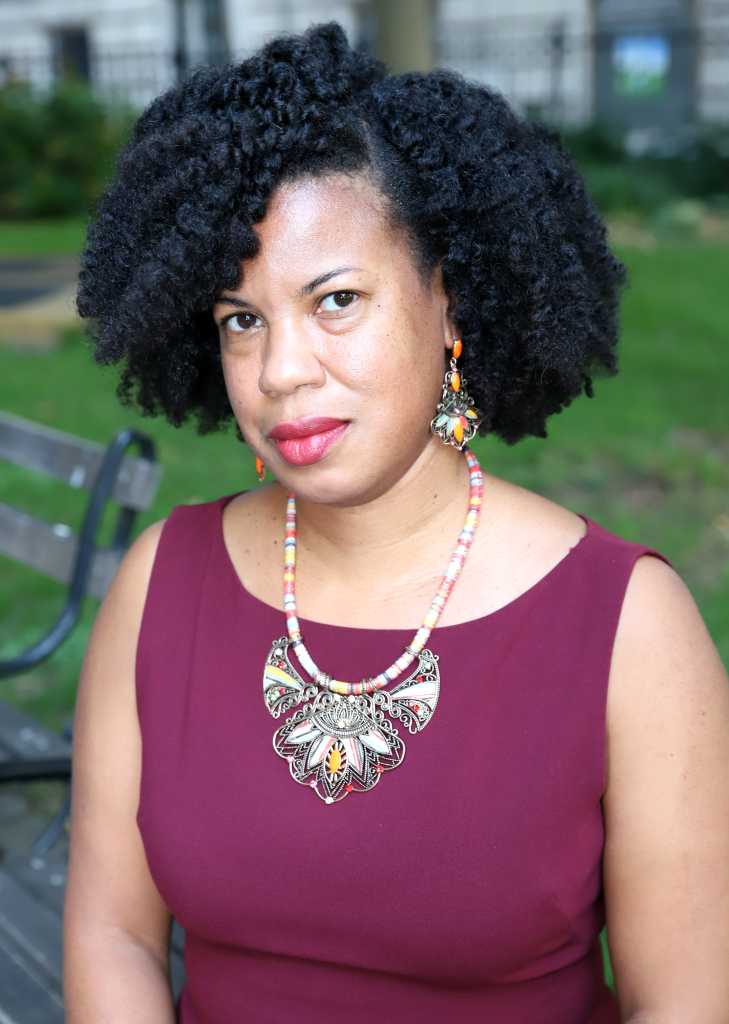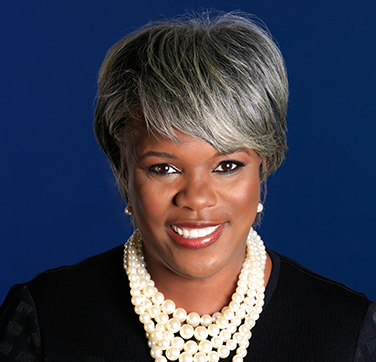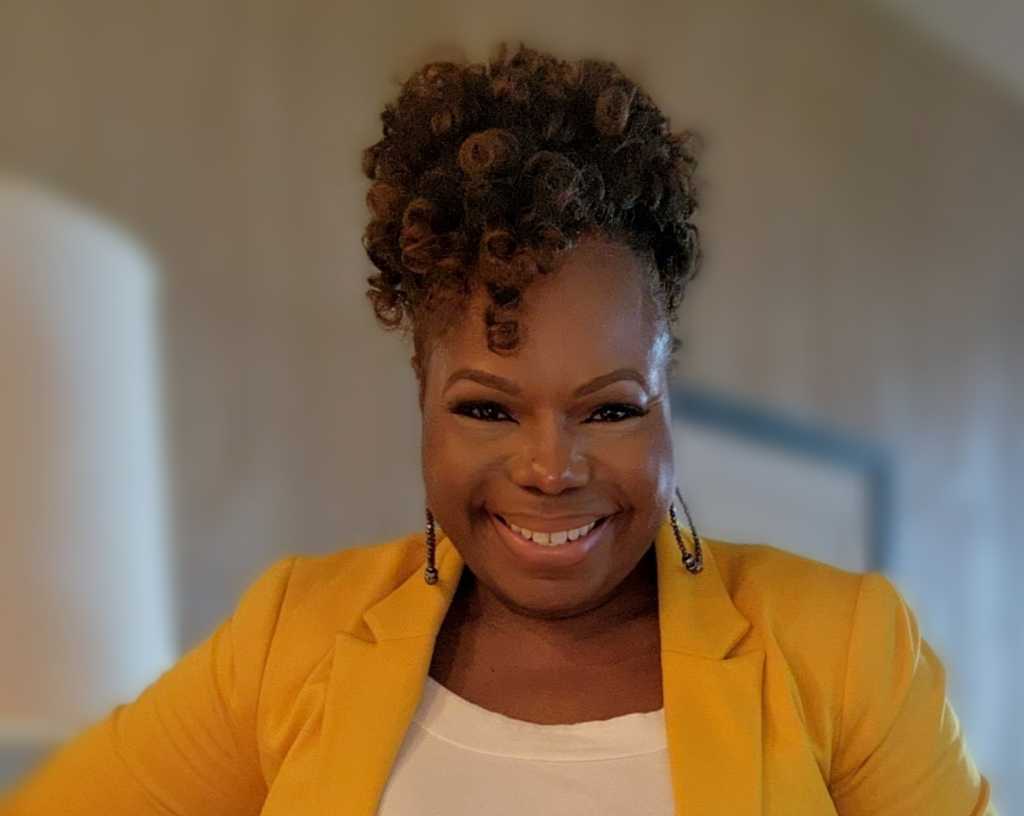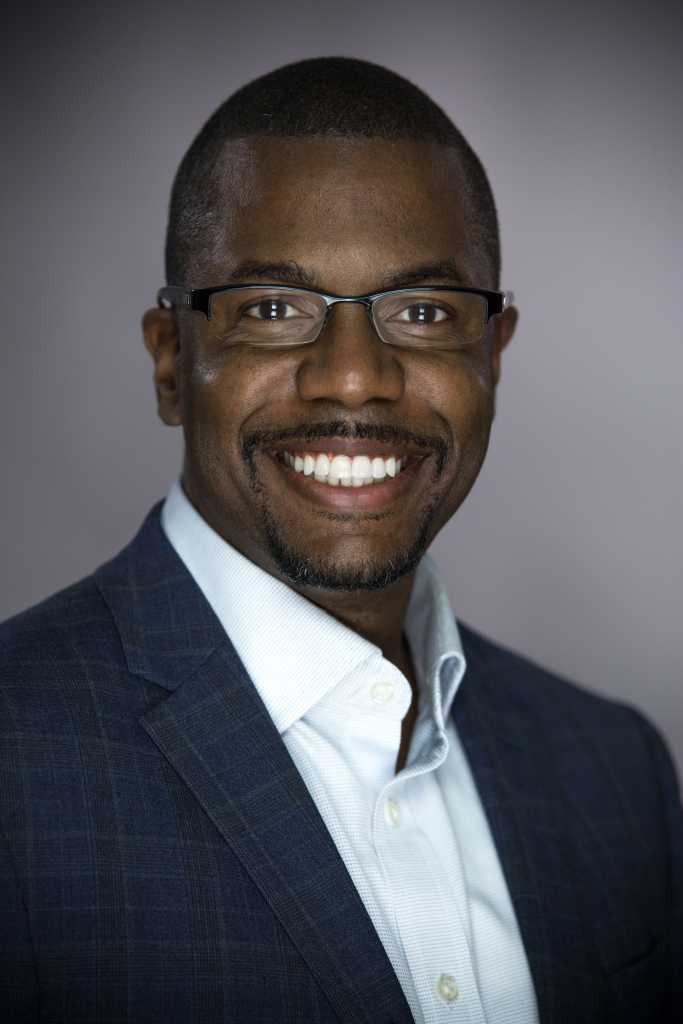Daryl Hammett saw the continued underrepresentation of Black leaders across industries — tech in particular — and decided to take action.
Hammett, general manager of global demand and operations at Amazon Web Services, in 2022 founded Enable, a mentoring and leadership program that creates “an environment where Black leaders could know that they are not alone.”
Enable, which currently has 100 members, provides Black executives in technical and non-technical roles at AWS and Amazon an opportunity to mentor and coach one another in an effort to foster growth and create more exposure to opportunities. The group has several touchpoints throughout the year, including a yearly Enable community workshop, bimonthly leadership council meetings, quarterly all-hands meetings, and monthly regional gatherings.
“We’re investing in creating space for Black executives to have unique experiences and address the knowledge gaps and needs of Black executives,” Hammett says.

Daryl Hammett, general manager of global demand and operations, AWS
AWS
“My goal was to begin a journey of relationship building and connection to elevate and promote Black executive leadership, as well as development. We believe that strengthening our leadership is essential to building better leaders for present and future opportunities in Amazon and AWS. We can help each other grow through networking, mentorship, and leadership opportunities that bring us together and provide a sense of community and belonging,” he adds. “In essence, we’re trying to increase the number of Black mentors at Amazon/AWS that will hopefully transpire to increasing the number of Black leaders in the future.”
Mentorship is a longstanding feature of professional life, with both formal company programs and informal connections instrumental in helping individuals advance their careers.
Given the value of mentorship, companies, advocacy organizations, educational institutions and individuals like Hammett are using mentorship to serve Black technologists as they move up the ranks and into senior positions.
Moreover, they say mentorship programs are critical not only because they’re helpful for individual career advancement in general but also because they create a support system — or, a community, as Hammett puts it — that’s intentional about helping to end the underrepresentation of Blacks in the tech profession.
The 2022 Diversity, Equity and Inclusion in IT: Breakthroughs and Barriers report from ITSM company TEKsystems calculated that people of color make up 41% of the IT population but only 8% are Black or African American.
And according to a 2021 Pew Research Center report, Black workers make up 11% of the US workforce but hold only 7% of computing jobs and only 5% of engineering jobs. Leadership and advancement statistics from a range of research surveys also show how challenging it can be for Black IT professionals once they do embark on a career in IT — something that executives like Hammett and organizations like Enable are working to correct.
The value of mentoring
For Hammett, mentoring speaks volumes, delivering the message that “you are not alone.”
“It’s crucial to have someone who can guide you through the journey,” he adds. “Am I making the right decisions as a manager? What can I do to get to the promotion path? Can I convert from a non-tech to a tech family?”
That connection and guidance, Hammett and others note, is often even more important to groups who are underrepresented.
“For people of color to be mentored by someone who looks like them allows these leaders to have a truly vulnerable and safe environment,” Hammett says, noting that Enable also has minority within minority mentorship programs such as one for Black women in tech.
Christopher Lafayette, founder, GatherVerse
Black Technology Mentorship Program
Enable is only one example of mentorship programs supporting Blacks in technology. The Black Technology Mentorship Program (BTMP) is another one. Christopher Lafayette, a humanitarian, emergent technologist, and founder of the GatherVerse, founded BTMP in 2020 “out of a desire and what I saw as a sense of duty as a Black leader in tech” to contribute and effect change in a profession that lacks diversity, he says.
“I had an opportunity to force-multiply and build a platform that would draw people in and really serve as a meeting place,” he adds, noting that he took a startup approach to the organization.
Lafayette says BTMP, which pairs mentees with mentors, is “hyper focused on individual development,” noting that professionals who apply to become mentees are seeking “to understand what’s next; they come to us and say, ‘I need steps to go forward in my career path.’”
Lafayette says mentorship can help Black professionals better navigate the universal issues as well as those unique challenges they could face when advancing in their tech careers.
“The No. 1 obstacle that they confront is [issues around] inclusivity, not just inclusion of self but ideas. We let our mentees know that you will not be heard a majority of the time. But when you do have a single moment to be heard, make it matter and prepare ahead of time with relative information and in concert with the narrative at hand. Stay ready to engage,” he says, adding that he believes the lack of inclusivity in tech “leads to more attrition and churn with the Black community than anything else.”
Uplifting IT careers through shared experience
Although much of the advice offered through mentorship is universally applicable, Lafayette highlights the value of having mentorship programs specifically for serving Blacks.

Dwana Franklin-Davis, CEO, Reboot Representation
Reboot Representation
“People feel alone within these corporations. When they look around, others don’t look like them. They want someone to talk to, who understands how they can grow in this environment, and to give them a sense of community,” he explains.
The Reboot Representation Tech Coalition also offers mentorship.
“Mentoring is part of what we know is important as a building block,” says Reboot Representation CEO Dwana Franklin-Davis.
Reboot Representation’s main objective is to double the number of Black, Latina, and Native American women receiving computing degrees by 2025. Its mentorship program matches the college students participating in the programs it funds with professional Black, Latina, and Native America women professionals.
Participating students benefit from the advice and perspective shared by mentors who have a shared experience. Mentors also are role models; like others, Franklin-Davis points to the power of having role models, using the oft-quoted saying “If you can see it, you can be it.”

Robert Scott, vice president of the Global Institute for Professional Development, ITSMF
ITSMF
The Information Technology Senior Management Forum (ITSMF) also offers mentorship as part of its broader portfolio of programs, with mentoring programs aimed at growing and developing Black professionals from the mid-career level to the C-suite ranks and beyond
“We focus on two things: to help them understand how to be successful in the corporate environment and, two, to be resilient in that,” says Robert Scott, vice president of ITSMF’s Global Institute for Professional Development.
ITSMF President and CEO Johanna Jones says 14 Black tech executives (five of whom were women) founded the organization in 1996, at a time when diversity in IT ranks was even lower than today. The intent, she says, is to “be for others what we struggled to find.”

Johanna Jones, president and CEO, ITSMF
ITSMF
Statistics are difficult to come by, but a study from the US Equal Employment Opportunity Commission from nearly 10 years ago found that whites made up 83% of the executive ranks in the tech sector nationwide, and 80% of executives were male.
Such figures, advocates say, show why mentorship and other DEI initiatives are needed.
Jones adds: “Our organization creates fertile ground for relationships to be created, developed, and cultivated.”
The personal impact
Professionals say such programs make a difference.
Diya Wynn, senior practice manager in responsible AI and senior practice manager for the ML Solutions Lab at AWS, now serves as a mentor at both AWS and through other channels, including her alma mater, Spelman College, a Historically Black College and University (HBCU).

Diya Wynn, senior practice manager in responsible AI and senior practice manager for the ML Solutions Lab, AWS
AWS
Wynn says she mentors in part to help increase diverse representation and career advancement for women and people of color in tech, particularly in the areas of AI/ML and data science where the demographics are even lower than tech overall.
“If I rise, I want others to rise with me. If I learn something and it’s something that can benefit someone else, I want to share. That’s why I do it,” she says.
Wynn says she also serves as a mentor because she didn’t have mentors — and more specifically mentors who looked like her — during the earlier years of her career.
Wynn says she did, however, cultivate sponsors as her career progressed. Some looked like her and shared her background, she says; others did not. Similarly, some of her current mentees are Black; some are Black women, and others are not.
Wynn says she’s strategic about mentoring relationships, seeking out mentors who can help her advance and working with mentees who can benefit from what she can teach them. She values all those relationships, but she believes mentorship programs that serve underrepresented groups remain a vital part of that overall mix.
“So often I was the only female on the team, and certainly the only Black female on the team, and often the only Black leader,” she says. “So having connection with people that look like me, who understand the experience, that just didn’t exist for me. I now want other people to have that opportunity for guidance and support.”
Next step: Sponsorship
Advocates continue to press the importance of mentorship for career advancement, particularly for Black technologists and other underrepresented groups. But they also stress that mentorship gets professionals only so far up the ladder; it takes sponsorship to get into the executive ranks.
Sponsors are “in the room you’re not in and advocating for you for opportunities” before they are even publicly disclosed, explains Jones.
Finding sponsors can be even more challenging for groups who have historically been underrepresented and, in fact, nearly absent from the executive ranks — as had been the case for Blacks in the tech profession.
“Moving to the senior ranks is mostly about sponsorship. But if you’re talking about a woman or person of color, do they have the same access to executives to build those relationships? Data says no,” Franklin-Davis says.
Yet Franklin-Davis and others say it’s more difficult to create formal sponsorship programs, as sponsors must have a much deeper, more personal connection with their proteges than mentorship requires. That’s because sponsors basically vouch for their proteges, championing them; mentors may do that, but the role really only requires them to coach and guide.
Here, aspiring professionals and organizational leadership can succeed by being intentional. Franklin-Davis, for one, says she compiles “a career board of directors,” with mentors and sponsors from various roles and backgrounds.
As Jones observes: “Mentors and sponsors don’t have to look like you, but they have to believe in you, trust you, and respect you.”
Still, advocates say enterprise leaders must step up to counter trends that have historically made it more difficult for underrepresented professionals to find sponsors.

Franklin Reed, executive director of global DEI, TEKsystems
TEKsystems
“No one moves through an organization without mentors and sponsors, but we tend to have networks that are made up of people who look like us. So the only way the room is going to change is if we’re intentional about changing [the demographics of the room],” says Franklin Reed, executive director of global DEI at TEKsystems.
He says senior leaders need to be engaged and they should look for accountability, tracking whether their programs and work actually make a difference. That approach should apply to sponsorship efforts, too.
Reed acknowledges that sponsorship doesn’t lend itself to a formal program. As he says, “People shouldn’t feel they’re being forced to represent someone they don’t have a genuine relationship with.”
But organizations, through DEI leaders or current executives, can advocate for connections, activities, and outreach that create those authentic relationships with a more diverse collection of professionals than has been the case in the past. Reed is doing just that at TEKsystems.
“It became clear to me that there was an unintended gap between diverse high-potential talent and our senior leaders,” he says.
He created the Information and Access Program to foster connections. The first meeting brought the president and two of his senior leaders together with about 20 high-performing Black women from the company’s business development organization.
“It created a direct line of connection and communication,” Reed says.
It also started a positive chain reaction, with the president so impressed by one woman in particular that he texted another company leader to make an introduction while still in the meeting.
That story illustrates the impact of intentional efforts, Reed says, adding: “All she needed was access and visibility for others to see the talent she brought into the room.”
Diversity and Inclusion, IT Leadership, Mentoring
Read More from This Article: Mentoring tomorrow’s Black IT leaders
Source: News

